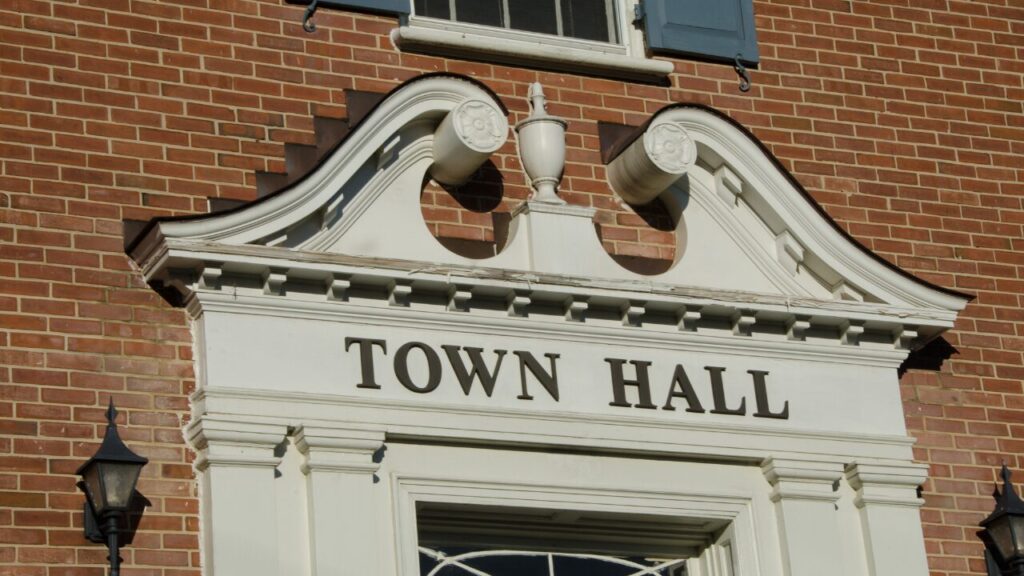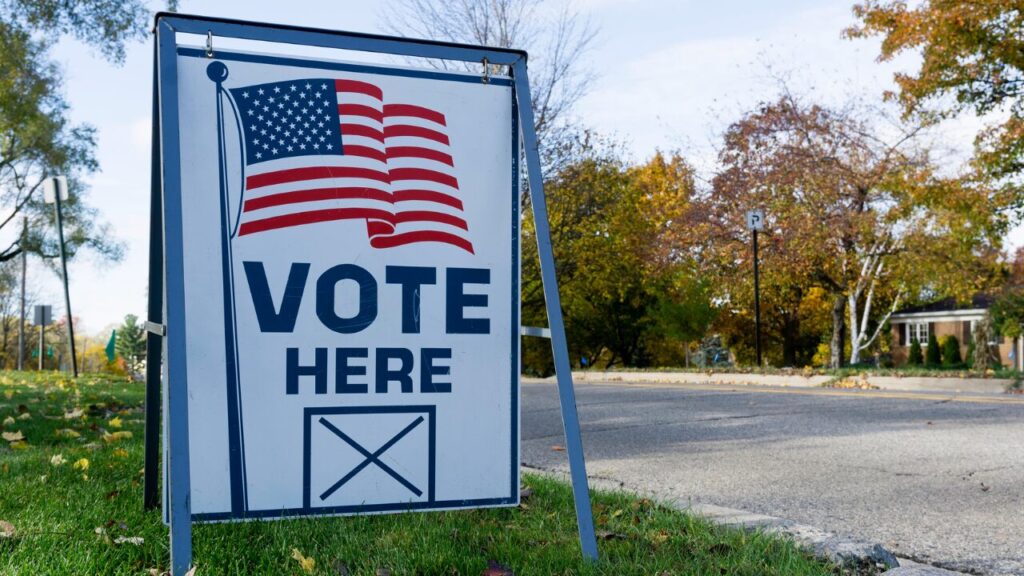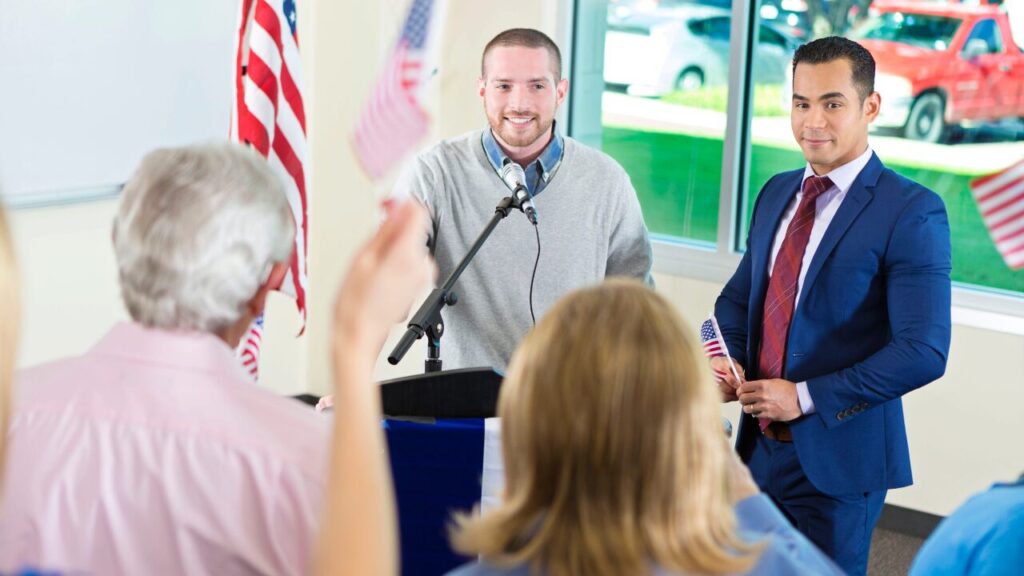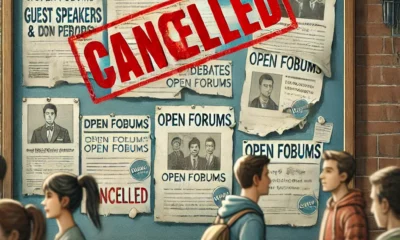
When we think of elections, our minds often jump to national races, such as presidential or congressional elections. However, local elections—those that determine your mayor, city council members, school board officials, and other community leaders—are equally, if not more, impactful on your daily life. Local elections influence the policies that directly affect your neighborhood, schools, public safety, and overall quality of life. This article explores the importance of local elections, how they work, and why your vote in these elections is crucial for shaping the future of your community.
The Importance of Local Elections

Direct Impact on Daily Life
Local elections determine the leaders who make decisions on issues that affect your day-to-day experiences, including:
- Public Safety: Local officials oversee police and fire departments, emergency services, and community safety initiatives. Their decisions influence the safety and security of your neighborhood.
- Education: School board members and local education officials decide on funding, curriculum standards, and policies that affect the quality of education your children receive.
- Infrastructure and Public Works: Local governments manage roads, public transportation, water supply, waste management, and parks. The conditions of your streets, the efficiency of your public transit, and the cleanliness of your community are all influenced by these elected officials.
- Housing and Zoning: City councils and planning commissions decide on zoning laws, housing developments, and property regulations. These decisions impact housing affordability, neighborhood character, and community growth.
- Taxes and Budgeting: Local officials set property taxes and allocate budgets for public services. Their decisions determine how your tax dollars are spent and the quality of services you receive.
The Role of Local Government
Local governments are the closest level of government to the people. They are responsible for implementing policies and providing services that directly affect your community. The leaders you elect in local elections have a profound influence on the quality of life in your area, making it essential to participate in these elections.
Key Positions in Local Government:
- Mayor: Often serves as the chief executive officer of the city, responsible for enforcing laws, overseeing city departments, and representing the city in official matters.
- City Council Members: Legislative body members who pass ordinances, approve budgets, and make decisions on local issues.
- School Board Members: Officials who oversee public education in your area, including setting policies, approving budgets, and hiring superintendents.
- County Commissioners: Elected officials who govern at the county level, managing areas like public health, law enforcement, and infrastructure.
Understanding How Local Elections Work
Election Types and Timing
Local elections can occur at different times depending on your state and community. Some local elections are held during general election years, while others are held during off-cycle years or as special elections. It’s essential to be aware of when local elections take place in your area so you don’t miss the opportunity to vote.
Common Types of Local Elections:
- Municipal Elections: Elect mayors, city council members, and other city officials.
- School Board Elections: Elect members to the local school board.
- Special Elections: Held to fill vacancies or decide on specific issues, such as bond measures or referendums.
Lower Voter Turnout and Its Consequences
Local elections often see much lower voter turnout compared to national elections. This lower turnout means that a small group of voters can have a significant impact on the outcome, making every vote even more critical.
Consequences of Low Turnout:
- Lack of Representation: When fewer people vote, the elected officials may not accurately represent the broader community’s interests.
- Concentration of Power: Special interest groups and organized voting blocs can have outsized influence, potentially leading to decisions that don’t reflect the community’s needs.
- Missed Opportunities: When voters don’t participate, they miss the chance to influence decisions that directly affect their daily lives.
Why Your Vote Matters in Local Elections

Amplified Influence
In local elections, your vote carries more weight because of the smaller number of voters. A single vote can have a significant impact on the outcome, particularly in tight races or decisions on specific issues like school funding or zoning changes.
Example:
- In a small-town election, a city council seat could be decided by just a handful of votes. Your participation could be the difference between a candidate who supports your views and one who does not.
Shaping Community Policy
The leaders elected in local elections are responsible for enacting policies that shape the character and future of your community. By voting, you help choose the individuals who will make decisions on critical issues, from public safety to economic development.
Key Issues Influenced by Local Elections:
- Public Education: School board members make decisions that affect educational quality, teacher pay, and school safety.
- Local Economy: City councils and mayors set policies that can attract or deter businesses, impacting job creation and economic growth.
- Community Development: Zoning laws, infrastructure projects, and environmental policies are all determined at the local level, affecting everything from housing availability to the quality of local parks.
Holding Local Officials Accountable
Voting in local elections is also about holding elected officials accountable. If local leaders are not fulfilling their duties or representing the community’s best interests, your vote can help bring about change.
Example:
- If a city council member fails to address critical community issues like crime or housing, voters can choose to replace them with someone more responsive to their concerns in the next election.
How to Stay Informed and Involved in Local Elections
Researching Candidates and Issues

Just as with national elections, it’s essential to research the candidates and issues in local elections. Many resources are available to help you make informed decisions:
- Local News Outlets: Newspapers, TV stations, and online news sources often cover local elections, providing interviews with candidates and analysis of key issues.
- Candidate Forums: Attend or watch forums where candidates discuss their platforms and answer questions from the community.
- Voter Guides: Many non-partisan organizations provide voter guides that outline candidate positions and the pros and cons of local ballot measures.
Engaging with Your Community
Engagement in your community is vital for staying informed about local issues and elections. Consider:
- Attending City Council or School Board Meetings: These meetings are open to the public and provide insight into the decisions being made in your community.
- Joining Local Organizations: Get involved with community groups or advocacy organizations that focus on issues important to you.
- Talking to Neighbors: Discussing local elections with neighbors can help spread awareness and encourage others to vote.
Conclusion
Local elections are a powerful tool for shaping the future of your community. The officials elected in these races make decisions that directly impact your daily life, from the quality of your child’s education to the safety of your neighborhood. By participating in local elections, you have the opportunity to influence policies that matter most to you and ensure that your community is represented by leaders who reflect your values and priorities. So remember, your vote in local elections is not just a civic duty—it’s a powerful way to make a difference right where you live.
Brent is the Managing Partner of CatchMark Technologies and a seasoned technologist with over 25 years of experience in IT leadership, cybersecurity, and technical operations. He began his career serving in the U.S. Army, where he worked extensively with electronics—laying the foundation for his lifelong passion for technology and problem-solving. Brent holds a Certified Information Systems Security Professional (CISSP) certification and currently leads CatchMark’s Cybersecurity and Tech Support teams. Known for his strategic thinking and hands-on expertise, he excels in guiding secure, scalable solutions and driving innovation across complex technical environments.
Must See
-


Arts/Entertainment
/ 3 hours agoWhite Lake Live Music: June 23–29 Lineup
It’s a big week for local music fans! 🎶 Eight Whitehall and Montague venues...
By Amy Yonkman -


Community
/ 2 days agoHunters and Anglers: Urban Deer Hunting in Whitehall and Montague
WHITEHALL & MONTAGUE, MI — As deer populations continue to rise across West Michigan,...
By Kara Raeth -


Community
/ 2 days agoStay Safe This Summer on Lake Michigan and White Lake
As summer heats up in the White Lake area, more people are heading to...
By Kara Raeth















